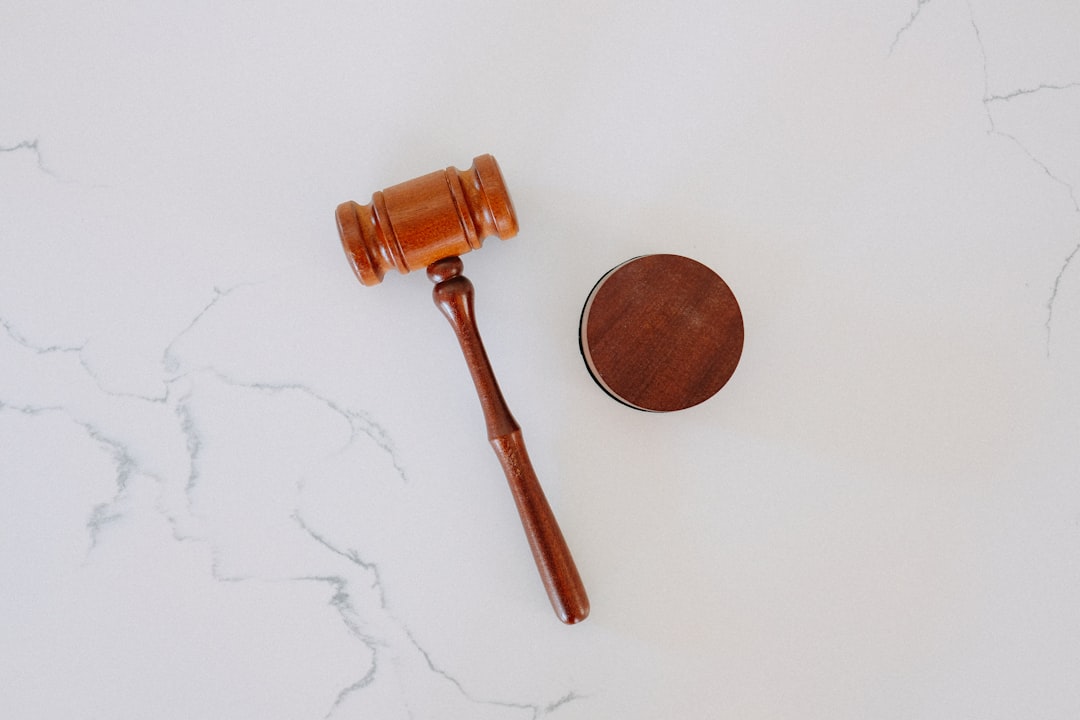In Iowa, both state (Iowa Debt Collection Act) and federal (Fair Debt Collection Practices Act) laws protect consumers from unfair debt collection practices. Debtors who experience harassment, false statements, or threatening language should consult a debt collector Attorney Iowa to understand their rights and legal options. These specialists ensure debt collectors adhere to strict regulations regarding contact frequency, time of day, information disclosure, and more, protecting both consumers' rights and collectors' reputations.
In the state of Iowa, understanding and protecting oneself against unfair debt collection practices is paramount. With a robust legal framework in place, Iowa residents enjoy significant safeguards when navigating debt collection. This article delves into the intricate details, providing insights on identifying and mitigating unethical debt collection methods. We explore the specific protections offered by Iowa law and emphasize the value of consulting a debt collector attorney in this state to ensure your rights are upheld.
Understanding Unfair Debt Collection Practices in Iowa

In Iowa, unfair debt collection practices are governed by state and federal laws designed to protect consumers from aggressive or deceptive behavior by debt collectors. These practices can include harassment, false statements, or using threatening language when attempting to collect a debt. Debt collectors in Iowa must adhere to specific rules regarding the frequency and time of day they contact consumers, as well as the information they disclose during these interactions.
If you believe you have been subjected to unfair debt collection practices, it’s crucial to consult with a debt collector Attorney Iowa who can guide you through your rights and options under the law. Understanding your legal protections is essential to ensuring that your rights are upheld throughout the debt collection process.
Legal Protections for Debtors in the State of Iowa

In the state of Iowa, debtors enjoy several legal protections against unfair or abusive debt collection practices. The Iowa Debt Collection Act (IDCA) is a comprehensive piece of legislation designed to safeguard consumers from aggressive and deceptive tactics employed by debt collectors. This act provides clear guidelines on how debt collectors can and cannot interact with individuals, ensuring a more balanced and fair process for debtors.
One key protection under the IDCA is the requirement for debt collectors to verify the debt they are attempting to collect. They must obtain validation of the debt from the creditor or have written evidence that the debtor owes the amount claimed. Additionally, Iowa law restricts the hours during which debt collectors can contact individuals and prohibits them from using abusive language or threatening behavior. If a debtor feels their rights have been violated by a debt collector, they have the option to seek legal recourse with the help of an Attorney Iowa specialist, ensuring they understand and exercise their protections under state law.
The Role of a Debt Collector Attorney in Iowa

In Iowa, debt collectors must adhere to strict regulations to ensure fair and ethical practices. A key player in this process is a debt collector attorney, who specializes in navigating the legal aspects of debt collection. These attorneys are crucial in ensuring that debt collection agencies operate within the bounds of the law, protecting consumers from unfair or abusive tactics.
By employing a debt collector attorney in Iowa, collectors can gain expert guidance on issues like validation of debts, fair disclosure of information, and proper handling of consumer complaints. This legal expertise helps maintain compliance with the Fair Debt Collection Practices Act (FDCPA) and other relevant state laws, safeguarding both the rights of consumers and the reputation of collection agencies.






